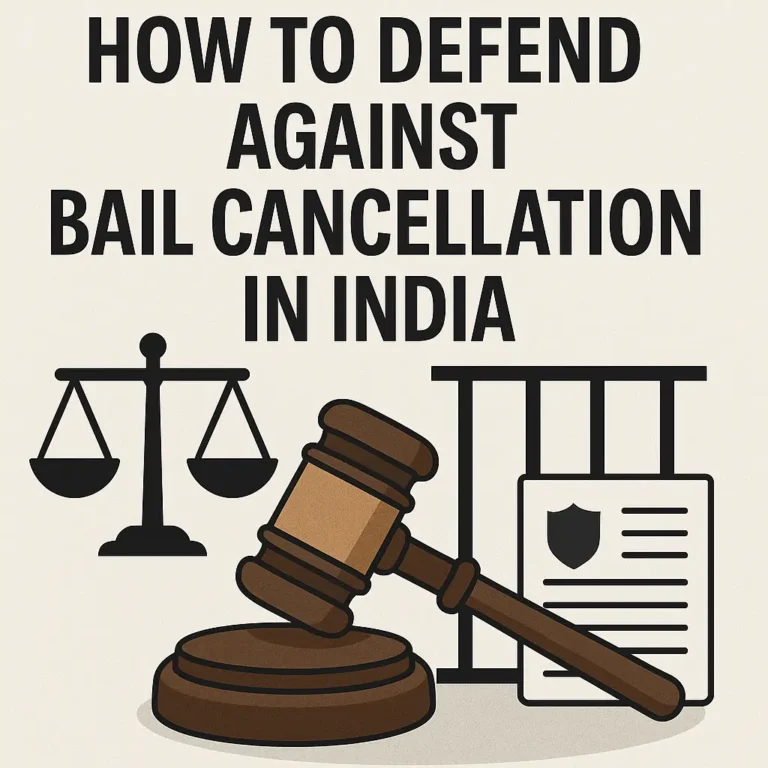In this article we have explained the Divorce Process For Wives In India
Divorce Process For Wives In India
Understanding the Legal Framework
What is Divorce Law in India?
In India, the divorce process is governed by various laws depending on the religion of the couple. The primary legislations are the Hindu Marriage Act, 1955 for Hindus, Buddhists, Jains, and Sikhs; the Indian Divorce Act, 1869 for Christians; the Dissolution of Muslim Marriages Act, 1939 for Muslims; and the Special Marriage Act, 1954 for inter-religious marriages. These laws outline the grounds and procedures for obtaining a divorce.
Key Grounds for Divorce
Common grounds for divorce under these acts include adultery, cruelty, desertion, conversion to another religion, mental disorder, leprosy, venereal disease, renunciation of the world, and not being heard of as being alive for seven years. Mutual consent is also a significant ground for divorce, where both parties agree to separate amicably.
Navigating the Divorce Process
Initiating the Divorce
Step 1: Understanding Your Rights
As a wife seeking divorce in India, it’s crucial to understand your rights and the legal grounds available to you. Consulting with a knowledgeable lawyer can provide clarity on the process and help prepare for the upcoming steps.
Step 2: Filing the Divorce Petition
A divorce petition needs to be filed in the family court of the district where you or your husband resides. This petition should detail the grounds for divorce and any evidence supporting these claims.
You can read :- How to apply for divorce
During the Divorce Proceedings
Step 3: Attending Court Hearings
Once the petition is filed, the court will schedule hearings. Both parties must attend these hearings, where arguments and evidence are presented. If the divorce is contested, this process can be lengthy and may require several hearings.
Step 4: Seeking Mediation or Counseling
In some cases, the court may suggest mediation or counseling to reconcile the couple. This is especially common in cases of divorce by mutual consent.
Concluding the Divorce
Step 5: The Final Decree
After hearing both parties and examining the evidence, the court will pass a decree of divorce. This legal document finalizes the divorce and outlines any terms regarding alimony, child custody, and property division.
Financial and Custodial Considerations
Alimony and Maintenance
Indian law entitles a wife to seek alimony and maintenance from her husband post-divorce. The amount depends on the husband’s financial status and the wife’s needs.
Child Custody
In cases involving children, the court decides child custody based on the child’s best interests. Generally, courts prefer granting custody to the mother, especially for younger children, but this can vary based on circumstances.
Post-Divorce Life
Legal and Emotional Support
Post-divorce, it’s important to seek both legal and emotional support. Legal support ensures compliance with the divorce decree, particularly regarding financial settlements and child custody. Emotional support from family, friends, or professional counselors can aid in the transition to post-divorce life.
Financial Independence
Developing financial independence is crucial. This may involve seeking employment, acquiring new skills, or utilizing alimony for financial stability and growth.
Conclusion
Navigating the divorce process in India requires a clear understanding of legal rights and procedures. It’s a journey that involves legal battles, emotional turmoil, and eventual acceptance. Empowering oneself legally and emotionally is key to moving forward post-divorce.
FAQ (FREQUENTLY ASKED QUESTIONS)
- What are the legal grounds for a wife to file for divorce in India?
- Grounds include cruelty, adultery, desertion, conversion, mental disorder, communicable disease, renunciation of the world, and mutual consent.
- Which law governs divorce for Hindu couples in India?
- The Hindu Marriage Act, 1955.
- Can a wife file for divorce under mutual consent?
- Yes, mutual consent is a valid ground for both parties to file for divorce.
- How long does a mutual consent divorce take?
- It usually takes around 6-18 months.
- Is it necessary to hire a lawyer for a divorce?
- While not mandatory, it is advisable to hire a lawyer for legal guidance and proper representation.
- What is the first step in filing for divorce?
- The first step is filing a divorce petition in the family court of the district where either spouse resides.
- Can a wife claim alimony in India?
- Yes, a wife can claim alimony depending on her husband’s financial status and her own financial needs and capabilities.
- How is child custody determined?
- Custody is determined based on the child’s best interests, with a general preference for the mother, especially for younger children.
- Can a wife file for divorce without her husband’s consent?
- Yes, a wife can file for divorce on valid grounds even without her husband’s consent.
- What if my husband doesn’t agree to the divorce?
- You can still file for divorce on contested grounds, and the court will decide based on the evidence presented.
- What are the financial implications of divorce for a wife?
- Financial implications can include receiving or paying alimony, division of property, and child support obligations.
- Can a wife get interim maintenance during divorce proceedings?
- Yes, courts can grant interim maintenance to the wife during the divorce process.
- What is the role of mediation in divorce?
- Mediation is a process where a neutral third party helps the couple negotiate and reach an amicable settlement.
- Are court appearances mandatory in divorce cases?
- Yes, both parties are generally required to appear in court for hearings, unless excused by the court.
- How long does a contested divorce take in India?
- A contested divorce can take several years, depending on the complexity of the case and court backlogs.
- Can a wife file for divorce if her husband is living abroad?
- Yes, she can file for divorce in India, but the process may involve additional legal complexities.
- What if I can’t afford a lawyer?
- Free legal aid is available for those who cannot afford legal expenses through Legal Services Authorities.
- Can a wife seek child support separately from divorce?
- Yes, child support can be sought independently of the divorce proceedings.
- Is online legal counseling available for divorce cases?
- Yes, many legal firms and platforms offer online counseling for divorce cases.
- Can a wife claim a share in her husband’s property?
- While alimony and maintenance are common, property division depends on various factors and laws.
- What happens if a spouse doesn’t comply with the divorce decree?
- Non-compliance can lead to legal enforcement actions, including contempt of court.
- Can a divorce decree be appealed?
- Yes, either party can appeal the divorce decree within a specified time frame.
- Is divorce possible without going to court in India?
- No, court involvement is necessary for the legal dissolution of marriage in India.
- What is a contested divorce?
- A contested divorce is when one party disagrees with the divorce or the terms of the divorce.
- Can a wife get immediate divorce for domestic violence?
- Domestic violence can be grounds for divorce, but the process may not be immediate.
- How to ensure financial security after divorce?
- Financial security can be ensured through alimony, employment, savings, and financial planning.
- What are the emotional impacts of divorce on women?
- Divorce can lead to emotional challenges such as stress, depression, and anxiety, necessitating support and counseling.
- Can a woman remarry after divorce in India?
- Yes, a woman can remarry after the completion of the divorce process and necessary legal formalities.
- What is the difference between judicial separation and divorce?
- Judicial separation is a court-ordered separation without the legal dissolution of marriage, unlike divorce.
- How does one cope with the stigma of divorce in India?
- Coping with stigma involves seeking support from family, friends, and professionals, and focusing on personal growth and well-being.
















